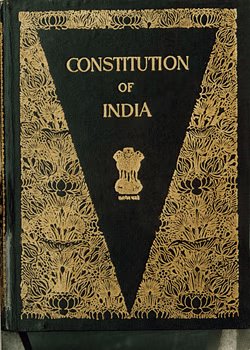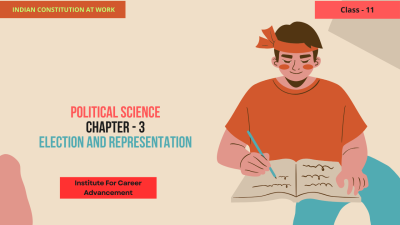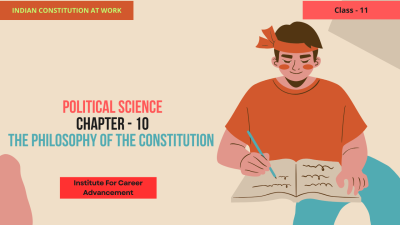Security in the Contemporary World - Class 12
In today's interconnected world, the concept of security has evolved beyond traditional military threats. This chapter explores the various dimensions of security in the contemporary context, encompassing both traditional and non-traditional threats. Key points covered: Traditional Security: Examines the traditional notion of security, which primarily focused on protecting states from external military threats. Non-Traditional Security: Delves into the emerging threats that challenge traditional security paradigms, such as terrorism, climate change, and pandemics. Human Security: Discusses the concept of human security, which prioritizes the protection of individuals and their well-being. Global Challenges: Explores the global challenges that impact security, including poverty, inequality, and environmental degradation. International Cooperation: Examines the role of international cooperation in addressing security threats and promoting peace. By understanding the complexities of security in the contemporary world, students can develop a critical perspective on global affairs and the challenges faced by nations and individuals alike. আজকের আন্তঃসংযুক্ত বিশ্বে, সুরক্ষার ধারণাটি ঐতিহ্যবাহী সামরিক হুমকির বাইরেও বিকশিত হয়েছে। এই অধ্যায়টি সমসাময়িক প্রেক্ষাপটে নিরাপত্তার বিভিন্ন মাত্রা অন্বেষণ করে, যা ঐতিহ্যগত এবং অ-ঐতিহ্যগত উভয় হুমকিকে অন্তর্ভুক্ত করে। অন্তর্ভুক্ত মূল বিষয়গুলিঃ ঐতিহ্যগত নিরাপত্তাঃ নিরাপত্তার ঐতিহ্যগত ধারণা পরীক্ষা করে, যা প্রাথমিকভাবে বাহ্যিক সামরিক হুমকি থেকে রাষ্ট্রগুলিকে রক্ষা করার উপর দৃষ্টি নিবদ্ধ করে। অ-ঐতিহ্যগত নিরাপত্তাঃ সন্ত্রাসবাদ, জলবায়ু পরিবর্তন এবং মহামারীগুলির মতো ঐতিহ্যবাহী নিরাপত্তা দৃষ্টান্তগুলিকে চ্যালেঞ্জ করে এমন উদীয়মান হুমকির মধ্যে প্রবেশ করে। মানব নিরাপত্তাঃ মানব নিরাপত্তার ধারণা নিয়ে আলোচনা করে, যা ব্যক্তির সুরক্ষা এবং তাদের মঙ্গলকে অগ্রাধিকার দেয়। বৈশ্বিক চ্যালেঞ্জঃ দারিদ্র্য, অসমতা এবং পরিবেশগত অবক্ষয় সহ নিরাপত্তাকে প্রভাবিত করে এমন বৈশ্বিক চ্যালেঞ্জগুলি অন্বেষণ করে। আন্তর্জাতিক সহযোগিতাঃ নিরাপত্তা হুমকি মোকাবেলা এবং শান্তি প্রসারে আন্তর্জাতিক সহযোগিতার ভূমিকা পরীক্ষা করে। সমসাময়িক বিশ্বে নিরাপত্তার জটিলতাগুলি বোঝার মাধ্যমে, শিক্ষার্থীরা বৈশ্বিক বিষয়গুলি এবং জাতি ও ব্যক্তিরা একইভাবে যে চ্যালেঞ্জগুলির মুখোমুখি হয় সে সম্পর্কে একটি সমালোচনামূলক দৃষ্টিভঙ্গি বিকাশ করতে পারে।
English
Last updated
Wed, 27-Nov-2024



















